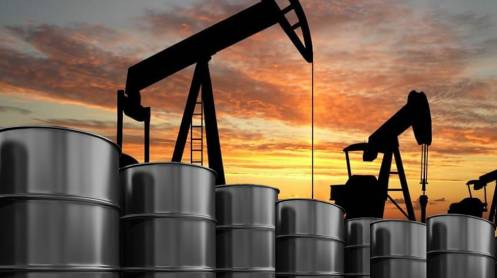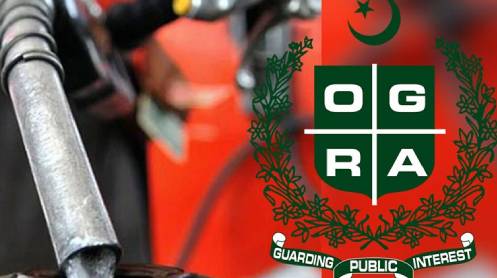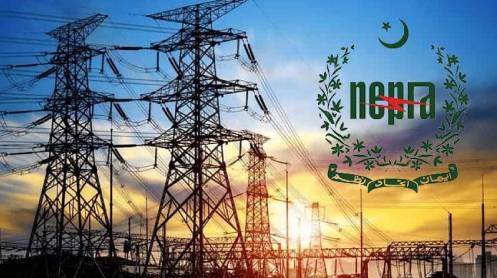KARACHI: Pakistan’s petroleum sales surged to a 25-month high in November 2024, reaching 1.58 million tonnes, marking a 15% year-on-year (YoY) increase. This growth, driven by stringent enforcement against smuggled Iranian fuel and significant reductions in petrol and diesel prices, underscores the recovery of the energy market and highlights the effectiveness of recent policy interventions.
A report by Arif Habib Limited (AHL), released on December 3, 2024, attributes the rise to intensified restrictions on smuggled fuel, particularly from Iran, which previously comprised 15-20% of the domestic market. Tahir Abbas, Head of Research at AHL, noted that curbing fuel smuggling has bolstered legitimate sales, increased Petroleum Development Levy (PDL) collections, and supported GDP growth by accounting for previously excluded consumption.
Product-Wise Trends
Petrol (MS): Sales rose 17% YoY to 0.67 million tonnes, though month-on-month (MoM) figures remained flat.
High-Speed Diesel (HSD): Sales surged by 21% YoY and 15% MoM, reaching 0.79 million tonnes, fueled by peak agricultural demand.
Furnace Oil (FO): Sales plummeted 55% YoY to 0.04 million tonnes as Pakistan shifts toward coal, hydropower, and nuclear energy.
Sector and Company Performance
Between July and November 2024 (5MFY25), total petroleum sales grew by 5% YoY to 6.75 million tonnes. While MS and HSD sales rose to 3.18 million tonnes and 2.89 million tonnes, respectively, FO sales dropped to 0.31 million tonnes.
Pakistan State Oil (PSO): Achieved a 12% YoY increase, reaching 0.80 million tonnes in November, driven by strong MS and HSD sales. However, FO sales dropped 83%.
Shell Pakistan (SHEL): Recorded a 6% YoY increase.
Hascol Petroleum (HASCOL): Achieved a 15% YoY growth.
Attock Petroleum Limited (APL): Experienced a 10% YoY decline, reducing its market share to 8.6%.
Fiscal Gains and Smuggling Concerns
PDL collections rose to Rs110 billion in November 2024, a 19% YoY increase, reaching Rs464 billion during 5MFY25, up 16% YoY. Economists call for stricter anti-smuggling measures and emphasize developing regulated channels for Iranian imports to curb fiscal losses and boost economic indicators.
The oil sector’s performance underscores the critical role of enforcement, pricing strategies, and market forces in shaping Pakistan’s energy landscape.
Story by Usman Hanif





